Abstract
Objective: Methamphetamine abuse has been a growing global problem. A variety of psychiatric problems might emerge due to chronic methamphetamine use. The aim of this study was to evaluate the psychometric properties of the Turkish version of the 10-item Amphetamine Withdrawal Questionnaire Version 2 (AWQv2).
Method: A total of 220 participants admitted to the outpatient treatment clinic for methamphetamine use were included in the study. The reliability and internal consistency of the items were examined using Cronbach’s alpha. The validity of the scale was assessed through construct and convergent validity. Data were collected with the Turkish version of the Amphetamine Withdrawal Questionnaire, Montgomery-Asberg Depression Rating Scale (MADRS), Hamilton Anxiety Rating Scale (HARS), Clinical Global Impressions - Severity Scale (CGI-S), and Penn Drug Craving Scale.
Results: The majority of the group was male (84.4%). The mean age was 29.7±6.7. Half of the participants were daily methamphetamine users (50%), with most preferring inhalation (94.8%). The scale’s internal consistency was found to be Cronbach’s alpha of 0.80. For test-retest reliability, the Spearman rank-order correlation coefficient was high (0.83). Factor analysis using exploratory factor analysis yielded a two-factor model: affective and reversed vegetative factors. The convergent validity of the scale showed positive and significant correlations with other scales (MADRS, r=0.769, p<0.001; HARS, r=0.709, p<0.001; CGI-S, r=0.742, p<0.001; Penn Substance Craving Scale, r=0.510, p<0.001).
Conclusion: The Turkish version of the AWQv2 is a valid and reliable measurement tool for assessing methamphetamine withdrawal symptoms in a clinical sample.

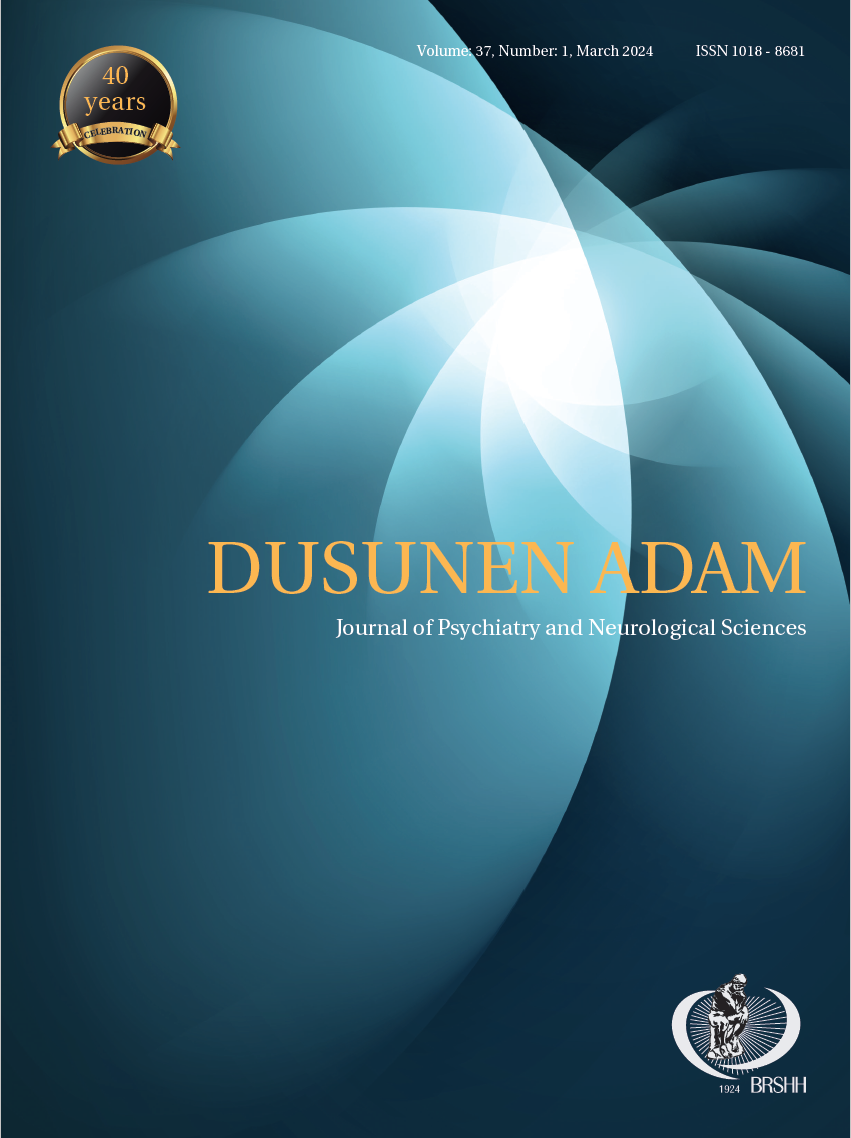
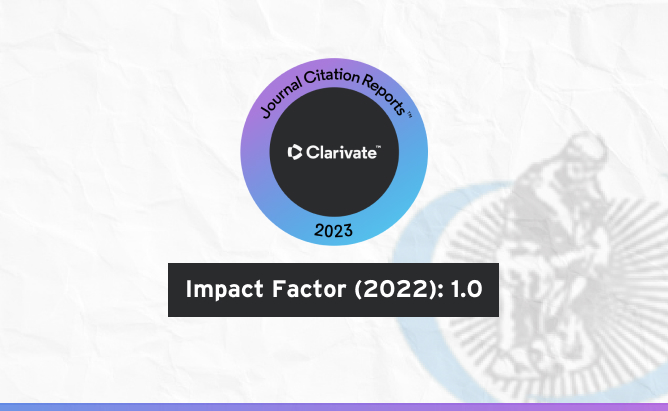
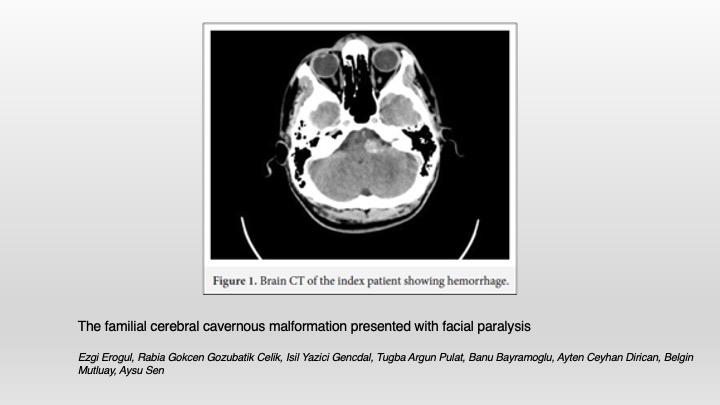
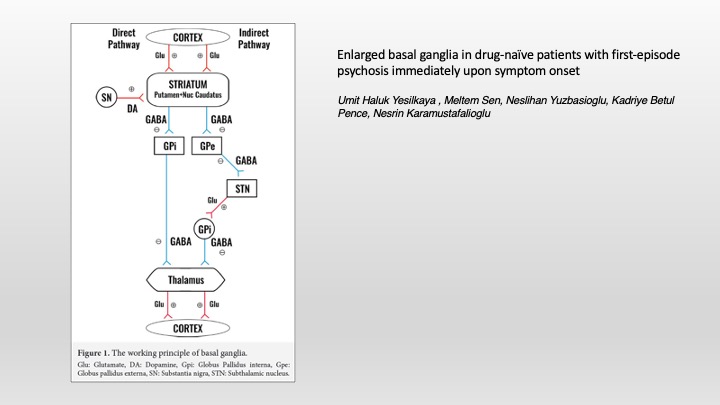
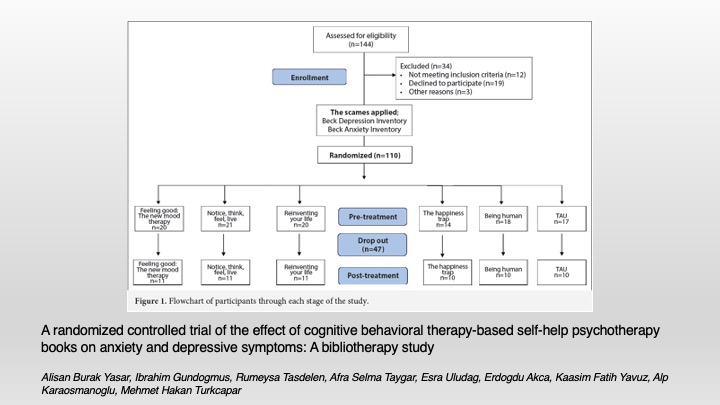

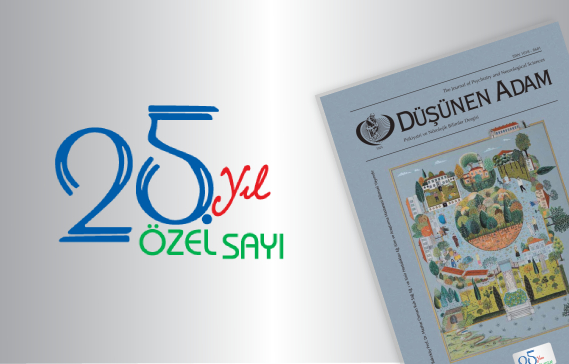

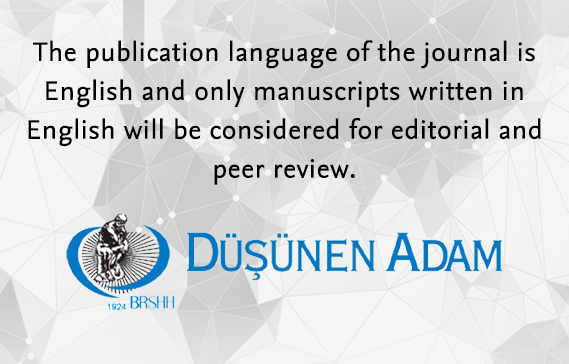

 Sercan Karabulut1
Sercan Karabulut1 













